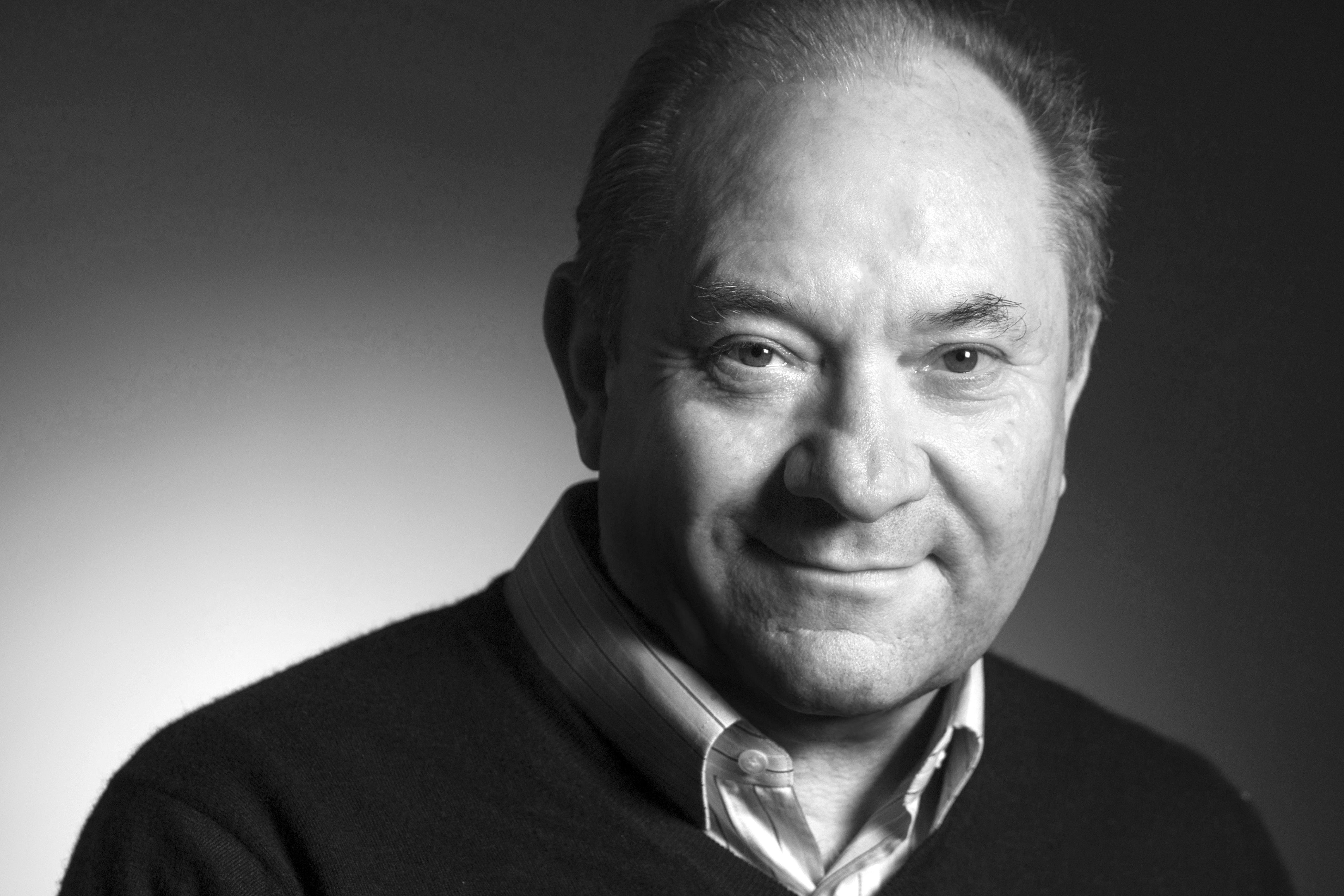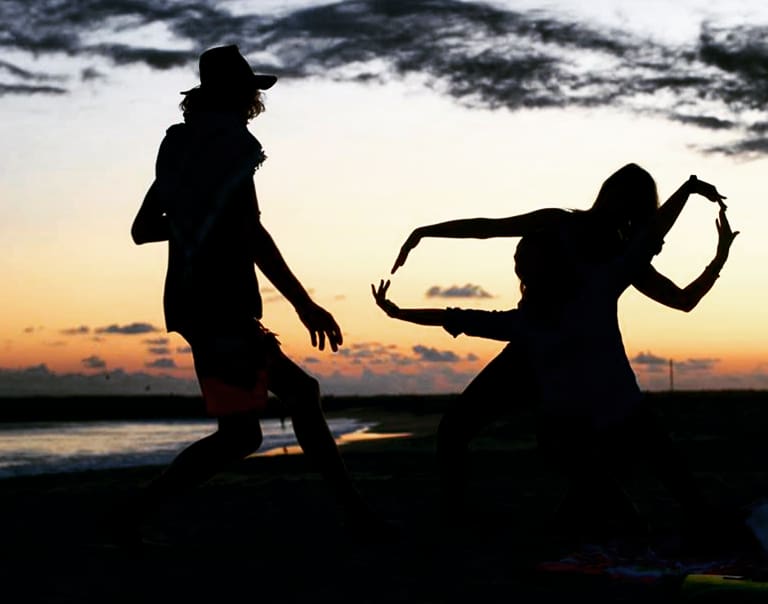Voices who claim that cancer is above all a result of an unhealthy lifestyle are numerous. All sinful pleasures: smoking cigarettes, cigars and pipes, enjoying foods rich in fat and cholesterol, taking pleasure in alcoholic beverages, lack of fresh air, slack of exercise – all of these account for, one way or the other, lethal illnesses of our present-day civilisation.
C-a-n-c-e-r: six-letter combination made to shock you to your core. And quite literary. This six-lettered being weakens one’s body further, caused by depression, grief, strife and stress, and the threatening backdrop of destructive environmental factors such as smog in the air, dioxins in food, radioactivity from reactor accidents, bacteria in drinking water and continuous radiation from wireless waves. It is not surprising that men develop cancer with a probability of 50% and women of 44% during their lifetime.
However, it is reassuring to know that this does not necessarily and quickly lead to one’s demise. The chances of cancer survival have risen tremendously due to its early detection and treatment methods; the equation of cancer = death is not absolutely imminent. Prognosis of a man whose prostate is just attacked by cancer is likely to be significantly longer than those of an elderly man in whose pancreas the cancer has already taken roots.
So, what does it mean, when this apocalyptic rider stumbles our way and hijacks our destiny, and we become directly or indirectly affected by its workings? Is cancer what the plague or cholera were centuries ago? Is cancer some kind of a divine hostage punishing us for our transgressions? Is it the result of a dislocated world, our world, world more fragile due to increasing complexity and speed, making us all more vulnerable?
When cancer attacks – does it mean that we are entirely responsible? Or do we owe this visit to our genes? There may be many reasons. There is no certainty. We do know a lot, but often we can change little. What remains of you, when it hits you, when that happens, that what you would hardly wish your worst enemy? Suddenly, body gets out of control. Cells crack and divide where they should not. At first, this takes place in the depths of our organs, so we continue to move happily, nourish carefully, avoid stress and not necessarily walk in smog or constantly use our cellphone. Everything is as usual. The good looks are there, still. The subjective well-being is rated as steady and high. Given the resilience, that is. The harmony with the world is present. The foreign guests hardly exist. There is a standstill sense of purpose within. There is nothing that suggests that this stalking shadow is seizing over us, unceasingly trying to nullify our existence. Occasional irregularities such as pinching here and there, a mild but persistent cough, a more frequently observed fatigue or not so unpleasant weight loss may occur. These are also considered temporary and less worrying side effects of increasing age or a short-term stress. There is certainty in the wisdom stating that all these apparent irregularities should not be overstated. In no case you think that something is amiss. These small deviation in our weight and biorhythm quickly return to equilibrium due to the weather, more sleep, self-healing. Our brains generate with hypnotic power these calming formulas that we tell ourselves. “Everything is alright” – phase resumes. We can imagine a lot. But we can hardly internalise what could be.Everyone can wordily describe how deep of a loss of loved one is. But nobody can describe what goes on in her or him when this sad fact actually occurs, and concerns yourself.
We have no idea what it means for our being when suddenly doctor confronts us with the fact that we are seriously ill. For the first time confronted with what we have always been deeply afraid of:
“C-a-n-c-e-r. You have cancer.”
This psychological rollercoaster is well described by Elisabeth Kübler-Ross and, with all due simplification, indeed relatable. Yes, Elisabeth rightly points out: at first, we think this is an exaggeration, a faux pas. A first, impulse whispers, “no way this happens to me”. We then soothe ourselves in almost childlike manner – after all, every day an apple was consumed, and time for sufficient sleep was carved out. Of course, smoking did not take place, alcohol was reserved for special occasions, and the morning endurance run never skipped – and all that without shortness of breath or fatigue. All these are sure signs that cancer has no place in my body. But even seemingly healthiest among us aren’t excluded from its visit. There is no guarantee.
You cannot cancer-proof yourself. Cancer knocks on our door asking never “may I enter” – it simply does.
Slowly, you begin to learn that this was not a faux pas, after-all. Every other doctor’s visit with laboratory reports, ultrasound scans, computed tomography and blood images confirms that you were unfortunately not confused. It all just sounds so foreign. But the result concerns me.
I have cancer. Immediately, coping strategies emerge: I have to defeat the cancer. I will fight you, cancer, I will not let you defeat me. You shall not beat me.
Consequently, all forces are gathered to defeat this enemy. Life now revolves around this and only this, other things once important take back seat. They are now there on the bench, waiting for our match to end. They have to, until I win this war.
What else happens? Hunger for knowledge arises. Terms you have never heard of before now somehow take place in your life. They now have meaning. They affect you. Hodgkin’s disease? It sounds like a long-gone English scientist from the Middle Ages, and yet, in closer inspection, it is very alive cancer, you grab, that targets your lymph nodes. Lymph nodes? What do these do? What do I need them for? Cannot you just cut them out and continue on with my life? In a fast-track, you complete an oncological basic study, taking books that you did not think you would ever possibly read, trying to understand peer-reviewed articles in order, at least cognitively, to be able to grasp what is happening under your skin cover.
Images emerge as if they were from a science-fiction movie, where glowing squads of cancer race through my bloodstream, attacking everything they see. They ravage in me, as I read about statistics of survival rates.
In the discussions with the doctors now seemingly relevant questions are asked, and plenty, and I race to ask them all. One becomes sort of a semi-expert and cross-examiner, whose price will pay – seen from a distance – the next patient in the queue, due to doctor’s lost patience. But all that does not matter. I have to defeat the cancer, but first of all, I have to understand what it does to me. Power of ratio. It has always helped, and if I can count on anything, it’s my intellect, it’s the ability to grasp even abstract things in a short time, and from that to make the right deductions, which are consequently the only way to fight the cancer. A true campaign begins. Anyone who wants to hear it and even those who do not will be informed of the outrageous injustice that has befallen upon me.Everybody must or can listen to themselves, one pounding question sticks: “how it is possible and that the cancer has now entered?” One is not willing to accept it so easily. The admiration of the listeners is good, balm is on the wounded soul. It gives confidence, courage to live and the will to fight.
I fight. I am. I will fight. The cancer has no chance with me.
But. It has a
chance. This six-lettered being is a quiet opponent. At least in the beginning,
that is. It becomes content, in early stage, with the constant cracking of cell
structures. As commonly said, it “proliferates”. It is proliferating and
spreading, with a rapid course, so that comprehensive treatment cannot be
avoided. In the beginning, alternative and mild treatments such as mistletoe tea, mental healing or lots of
vegetables may have been considered the solution. After obtaining a
confidence-inspiring second or even third opinion, the path to the operating
table is hardly avoidable. A difficult decision. On the one hand, they might get
it out. On the other hand, these radical interventions seem to have so many
side effects that while you’re not going to get cancer,
you’re going to
have a lot of other illnesses. Would that still be your life, the one that you
have now, after so many treatments, or would it be a life entirely different?
They call it “systemic treatment”. As they tell you more, the inner eye quickly paints out the consequences that can come with it. Horrible. Plague or cholera kind of choices. But one decides, follows the medical advice and gradually feels less agitated about cancer. Accelerated thinking slows down. Suddenly, cancer is no longer the enemy. Suddenly, “why me” questions clothed in injustice that one has fallen ill with cancer clear out.
Cancer becomes a part of my existence. And without sensationalism. This cancer is now my cancer. It belongs to me.
I have to accept it and not fight it. I need to live with it. From now on, I carry this shadow in me, shadow of my cells, companion to my existence. We now cohabit, together. It is up to me to welcome it and above-all to give it meaning. I clear out the space for it, like clearing out a flat for a roommate. I carve out that space. Nobody wants to take revenge on me for inviting it in, after all. Its visit was not due to my “wrong” lifestyle with too little exercise or sleep.
It is not helpful to play the prosecutor and to file a case against cancer. There is no tribunal for cancer, is there? The cancer came. A surprise guest, a surprise visit. And all that in my body. Bold guest, one who likes to live spaciously. But that’s its nature, it seems, it knows no better. It cannot help it. Now we are married, this six-lettered being and I, and we shall live together until death sets us apart. Six-lettered has advantages. It reminded me early that life cannot be determined only by my ratio. It has sent me a very essential message. From now on, I know where the boundary between the relevant and the non- relevant, between the important and the unimportant, runs.
This cancer, my cancer, cohabits with me in my body and whispers in my ear. It tells me that we have only one proper blessing in life: Time. As this poem puts it:
"Beating soundtrack,
tick and tocks,
mysterious,
precious
finite.
Ever so dear,
ever so fragile".
Time to spend with people we love. Time to do the things that fill us up and make sense.
Thank you Mr. or Mrs. Cancer.


